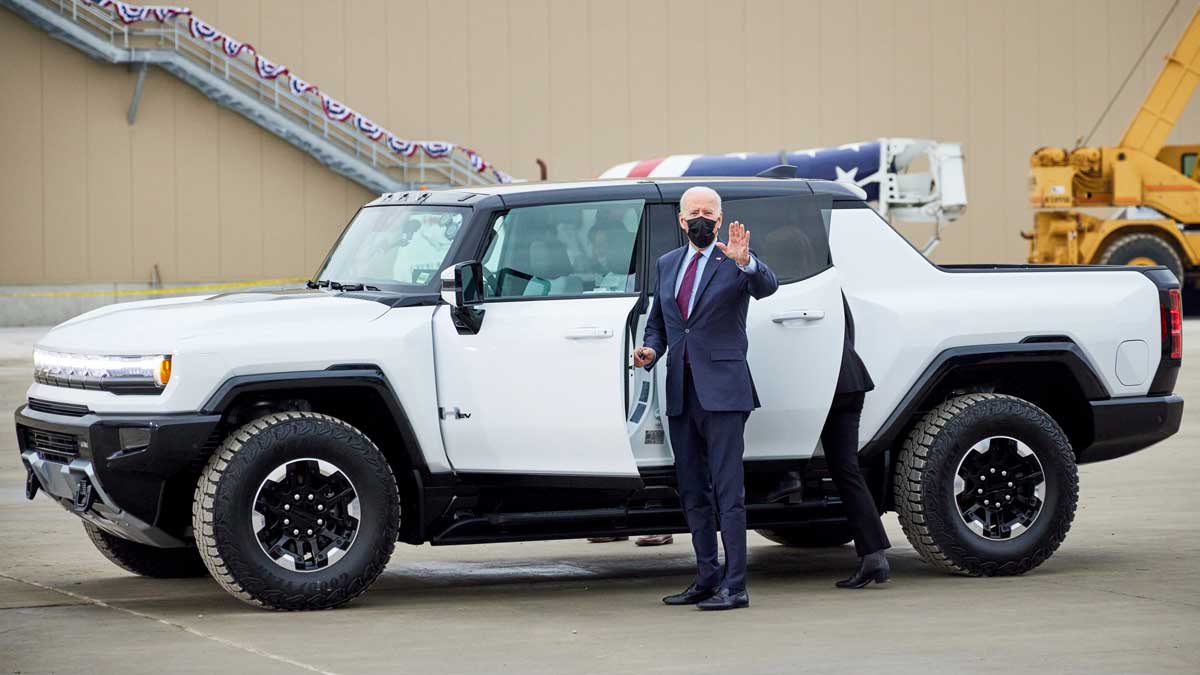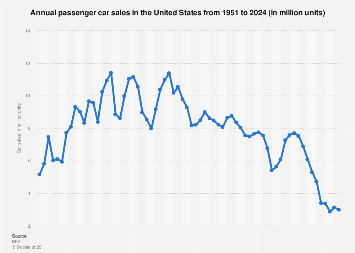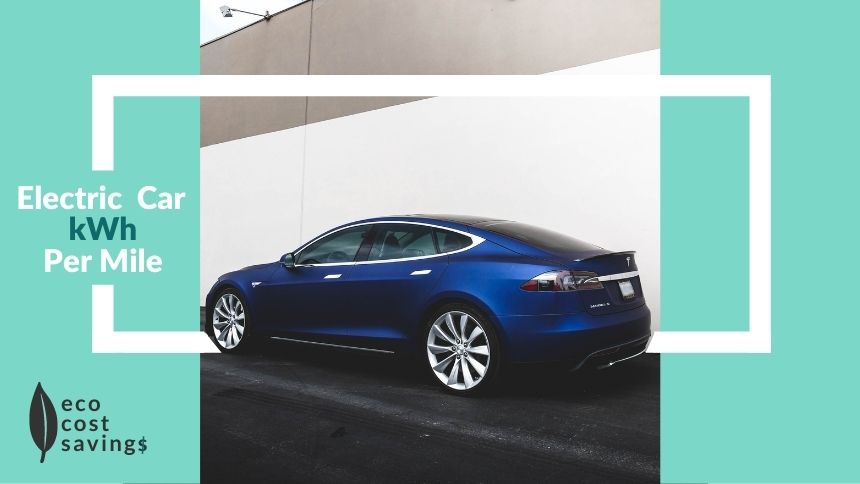Meanwhile back in reality....Once again NO FACT and for that you are a ZERO!
PIP: Replacement level fertility is the level of fertility at which a population exactly replaces itself from one generation to the next. In developed countries, replacement level fertility can be taken as requiring an average of 2.1 children per woman
A number above 2.1 is associated with a growing population, and anything lower than 2.1 indicates population decline.
Replacement level fertility and future population growth - PubMed
'Replacement level fertility' is a technical term which seems almost self-explanatory. However there are some important qualifications which make it a more difficult concept than might be supposed. Also, the relationship between replacement level fertility and zero population growth is...pubmed.ncbi.nlm.nih.gov
So If you haven't noticed the current USA
The U.S. population’s total fertility rate is now approximately 1.7 births per female, which is below the replacement rate of 2.1 that is required for the U.S. population not to shrink without increases in immigration.
This also means there will be fewer workers to care for the INCREASING senior citizens!
Measuring Fertility in the United States — Penn Wharton Budget Model
The U.S. population’s total fertility rate is now approximately 1.7 births per female, which is below the replacement rate of 2.1 that is required for the U.S. population not to shrink without increases in immigration. Women are delaying motherhood, from the 2006 average age range of 25 to 29 to thebudgetmodel.wharton.upenn.edu
In terms some ignorant people would understand... as the average age of Americans grows OLDER..
In 2021, the median age of the population of the United States was 38.8 years.
While this may seem quite young, the median age in 1960 was even younger, at 29.5 years.

Median age of the U.S. population 2021 | Statista
In 2021, the median age of the population of the United States was 38.8 years.www.statista.com
AGAIN what the above FACTS show is the USA is NOT replacing the USA population but the population is growing OLDER with fewer younger people to support!
For someone like you it is even less complicated: SS/Medicare incoming revenue based on workers and employers taxes of 12.4% total is DECREASING while
the Payments going to a growing over 65 population is increasing!
So not are more people becoming over 65, but their payments are increasing AS WELL as their health care expenses!
ANYONE with a little common sense will agree!
AGAIN the population is growing older while the birth rate per women is smaller... i.e. today 1.7 births/female vs the required rate of 2.1 so the population
doesn't shrink (as it doing now contrary to your uninformed opinion)!
Increased population means that more land will be used for housing, farming, consumption of raw materials such as lumber, cattle, etc... That translates into less foliage that would eventually be converted into petroleum.








